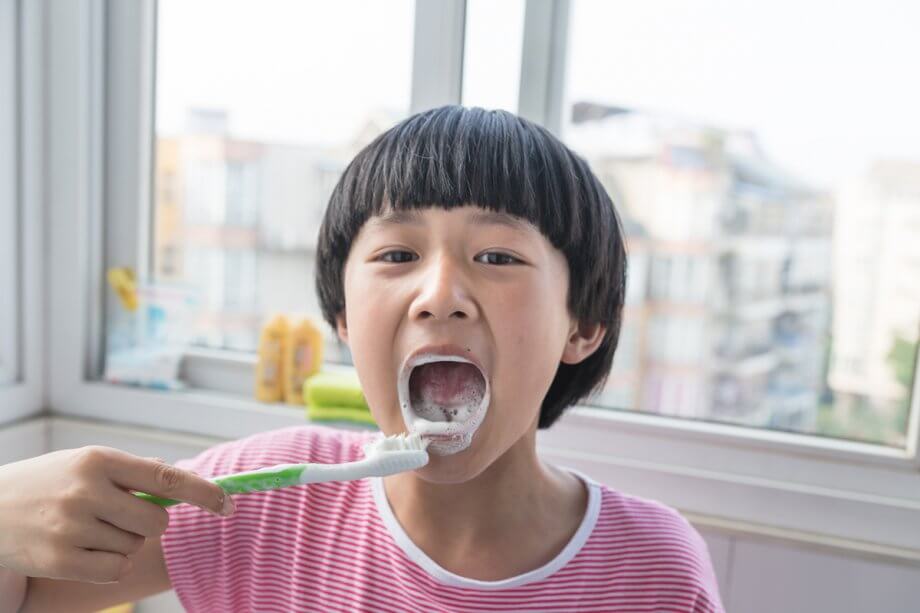There are so many new experiences you have with a new baby. Watching them learn and grow and develop can be exciting. But it also means navigating a large number of new responsibilities to ensure that you are providing the best care possible.
For most new parents, oral health tends to be on the back burner. After all, the baby doesn’t have a full set of teeth that warrant attention. So, when should you start brushing your baby’s teeth? We’ve got everything you need to know.
0 to 3 Months: Gum Care and Oral Health
You should start caring for your baby’s oral health from the time they are born. They are not likely to have teeth before the age of three months, but that doesn’t mean you should neglect their oral health. Gums are just as important as teeth and they need to be gently cared for daily - especially after every feeding.
Using a damp soft washcloth or a soft-bristled infant toothbrush that is designed for infants are both great options. And, if you can find a soft rubber infant toothbrush that fits over your finger, you’ll find it is an easy way to give your baby the needed oral care.
3 to 9 Months: Gum Care and Tooth Brushing
A baby’s first tooth often appears around 6 months of age, give or take. So during these months, if no teeth are present, keep up on the gum care as discussed above. Not only will this keep your baby’s mouth clean, but it also provides comfort by relieving teething pain and it may even encourage tooth eruption.
For those babies that have a tooth - or even teeth - begin brushing with a soft-bristled toothbrush. Now is not the time for toothpaste so use only water. Do this at least twice daily, or after every feeding if possible.
It should be noted that all babies will go through tooth eruption at different times. If your child doesn’t have any teeth by 9 months, that’s ok. Just continue your gum care.
9 to 12 Months: Tooth Brushing
This is the age when it is most common for babies to have at least one tooth. Again, not all children will have them, but many will. And you will want to ensure you are brushing the baby’s teeth at least twice per day. Because there will not be a mouth full of teeth just yet, you still want to continue with gum care, too.
This is the time to schedule your child’s first appointment with a pediatric dentist.
12 to 24 Months: Tooth Brushing
You will notice that during this time period, your baby’s mouth will be booming with new teeth. Give them a great chance of survival by brushing them at least twice per day with water.
2 Years and Older: Tooth Brushing with Toothpaste
Once your child reaches about two years of age, you can start to introduce a pea-sized amount of fluoride toothpaste to the daily oral hygiene routine. It is important to teach your child to spit out the toothpaste rather than swallow it which is why we suggest waiting until this age to introduce it. The addition of toothpaste can help boost protection against cavities.
Continue to work with your child going forward to develop an oral hygiene habit that can lead to lifelong oral health success.
To learn more about caring for your baby’s oral health, schedule an appointment with Mary Jo McGuire, DMD. We provide a comfortable, welcoming environment for kids of all ages.
Contact us today at 908-735-6300 .
